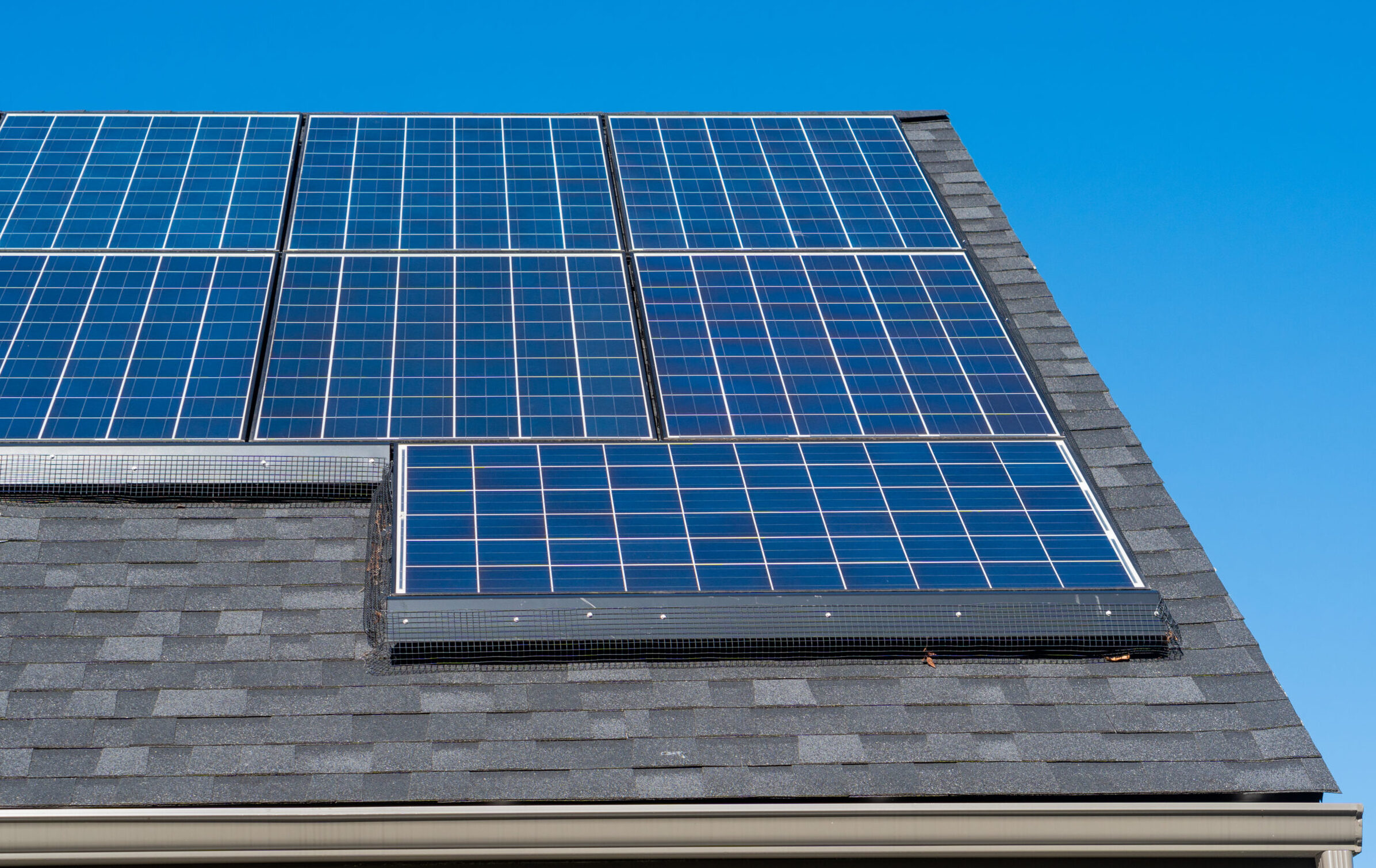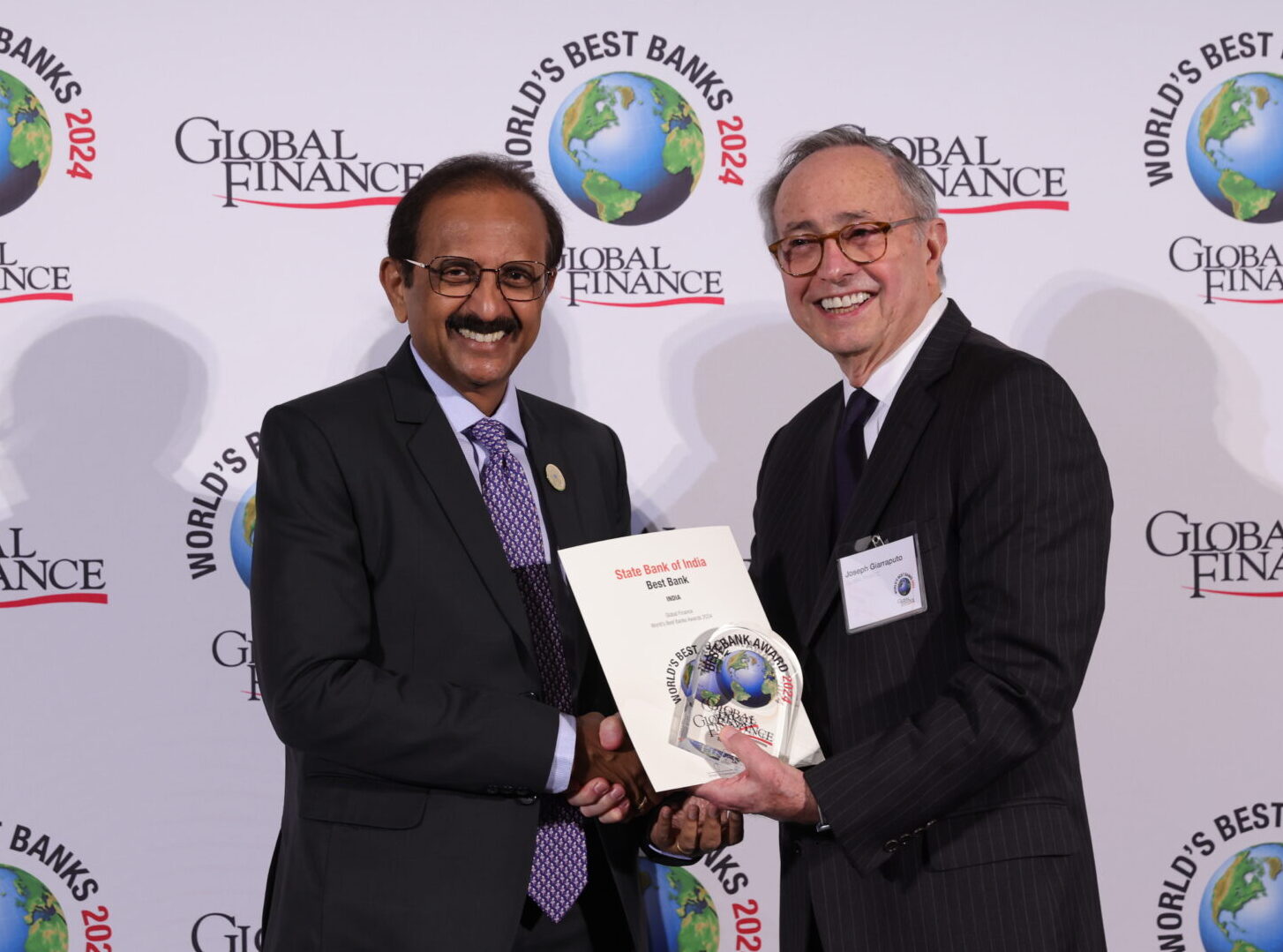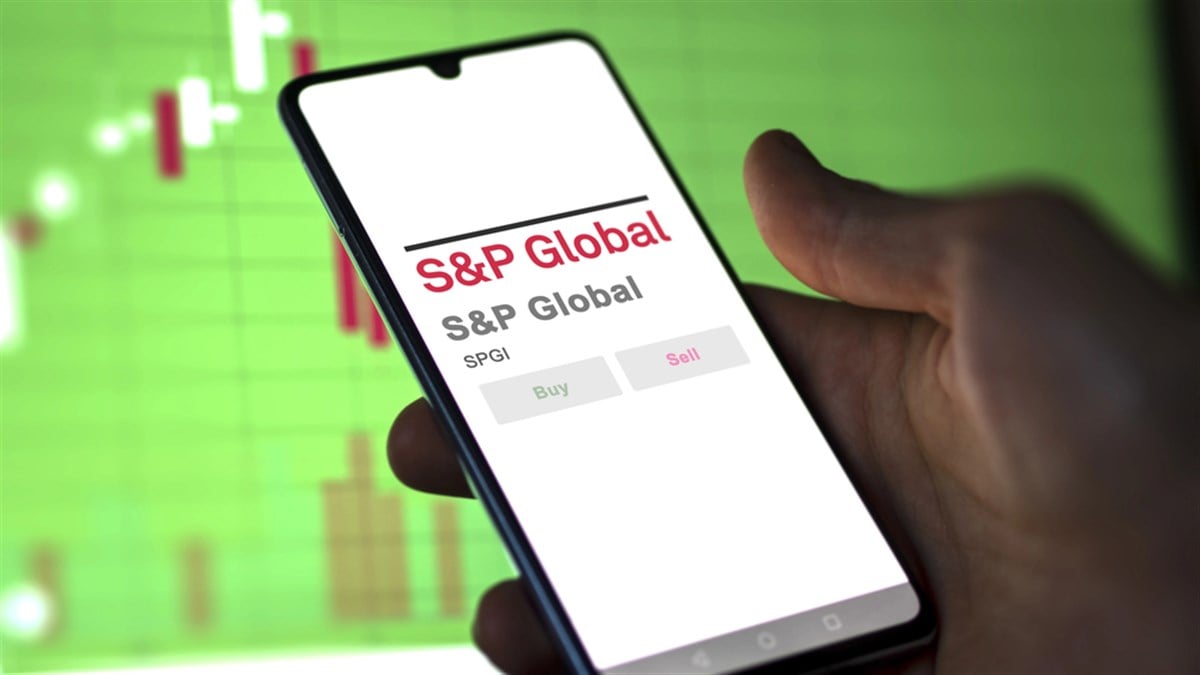Tesla is setting new standards in renewable financing with its latest solar asset-backed securitization (ABS) deal, earning an unprecedented AAA rating.
Fitch Analyst Hebbertt Soares notes that Tesla’s integrated business model, which bypasses traditional sales channels, may establish a blueprint for achieving top-tier credit ratings in a sector often limited by data and regulatory scrutiny.
It’s the first such rating for the residential solar market. According to Soares, this deal, backed by high-quality assets and Tesla’s unique direct-to-consumer approach, is unique. And it could redefine ABS financing standards in renewable energy.
The offer includes two tranches: a $255 million A-2 note with a weighted average life of 2.65 years and a $150 million A-3 class with a 6.2-year WAL. Both achieved AAA ratings, highlighting asset quality and deal structure.
Tesla’s use of a sequential payment structure prioritizes returns to senior bondholders and contrasts with the more typical “pro-rata” structures other solar ABS deals use. “Sequential structures have more solid cash flow results,” Soares said, and that was one factor that helped Fitch assign a AAA rating, as it better withstands potential losses.
Tesla’s sterling borrower pool also supports the top investment grade rating.
The average Tesla borrower’s 793 FICO score and 13% down payment reduce default risks. The high borrower credit quality and their commitment through a substantial down payment create a personal stake in the system. This is quite different from other models, where third-party partnerships are more common, and providers depend on commissioned sales staff or in-store pitches from big-box retailers.
Tesla’s borrowers’ scores stand out in a market where solar ABS deals are generally capped at AA due to limited historical data and regulatory scrutiny. Soares noted that this limitation typically arises from data scarcity and ongoing legal scrutiny over consumer disclosures.
The deal has multiple layers of credit protection designed to mitigate cash flow risks for investors. These include over-collateralization, which ensures the value of the assets exceeds loan amounts, and a yield supplement over-collateralization (YSOC) feature that adjusts cash flows by supplementing returns on lower-rate contracts. These mechanisms support a consistent return rate for investors and contribute to the high credit rating.
Tesla’s success may influence other solar companies’ financing strategies, but it has set a high bar.
A high-quality borrower pool, direct sales, and efficient cash flow structure make this deal a standout that competitors may need to emulate to attract similar investor confidence.
“When we look at the profile of Tesla and the pool, those were the primary drivers that led or that allowed us to assign triple A ratings for the senior bonds of this ABS,” Soares said.
Investor enthusiasm for solar ABS remains strong despite industry challenges, including recent setbacks such as SunPower’s bankruptcy and downgrades of solar ABS from Sunnova and Solar Mosaic. Including Tesla’s deal, total issuance in the solar ABS market this year has now surpassed $5 billion, marking a new record.
Tesla’s achievement may also impact financing approaches across the renewable energy sector. Tesla’s model could become a template for securing high ratings through streamlined operations and borrower strength.
But that may still be some time away. And Soares said, “at this stage we don’t see us lifting or removing the rating cap on the other originators until we have more visibility on the potential developments on the legal side.”



